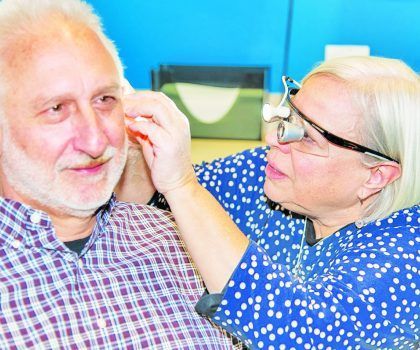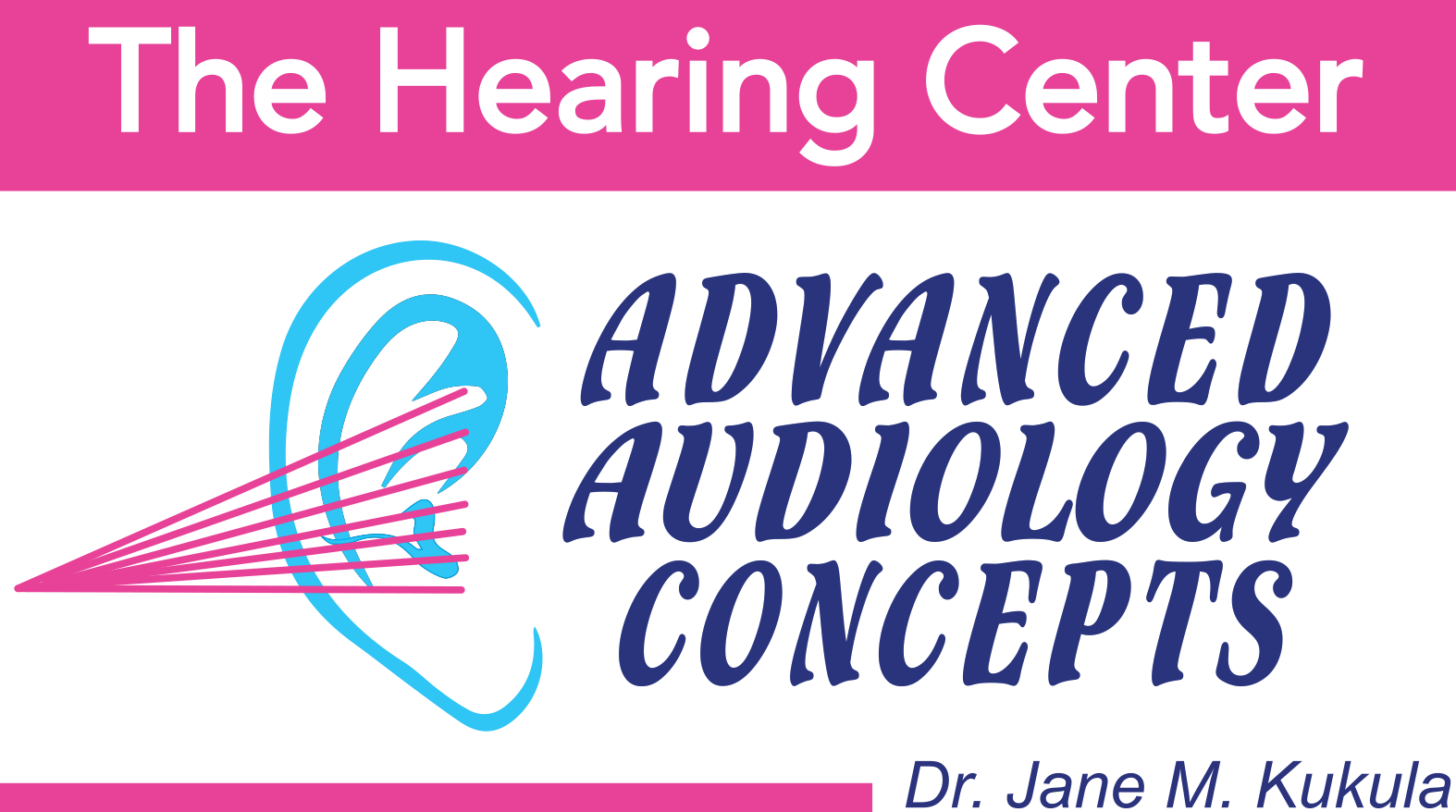How to Communicate Effectively with People Who Have Hearing Loss
Communication is an essential aspect of human interaction, allowing us to connect, share ideas, and build relationships. However, for individuals with hearing loss, effective communication can present challenges. As a considerate and inclusive individual, it’s important to understand and implement strategies that enable effective communication with people who have hearing loss. In this blog post, we will explore some valuable tips and techniques to help bridge the communication gap and foster better understanding.
1. Gain Attention
When initiating a conversation with someone who has hearing loss, ensure that you have their attention before speaking. You can do this by making eye contact, waving your hand, or gently tapping their shoulder. This simple gesture allows the person to focus their attention on you and be prepared to receive the message.
2. Find the Optimal Environment
Choose an environment that minimizes background noise and distractions. This can significantly improve communication for individuals with hearing loss. Find a quiet location, away from loud appliances or crowded areas, where both you and the person with hearing loss can converse comfortably.
3. Face the Person Directly
Maintaining face-to-face contact while communicating is vital. Facing the person directly allows them to observe your facial expressions, gestures, and lip movements, which are essential cues for understanding the conversation. Avoid covering your mouth or speaking while turned away, as it makes lip-reading and visual cues difficult to interpret.
4. Speak Clearly and at a Moderate Pace
When speaking, ensure that you articulate your words clearly and at a moderate pace. Avoid mumbling or rushing through sentences, as this can make it challenging for individuals with hearing loss to catch important details. Remember, it’s not necessary to shout; instead, speak naturally and emphasize keywords or phrases when appropriate.
5. Use Visual Cues and Gestures
Visual cues and gestures can enhance communication and make it easier for individuals with hearing loss to follow along. Use simple hand gestures, facial expressions, and body language to convey meaning. However, avoid exaggerating your gestures, as it can appear unnatural or confusing.
6. Rephrase Instead of Repetition
If the person with hearing loss doesn’t understand something you said, it’s better to rephrase your statement rather than repeat it verbatim. Try using different words or sentence structures to convey the same message. This approach increases the chances of understanding and prevents frustration from setting in.
7. Write or Type Important Information
In situations where clarity is crucial, consider writing or typing important information. This can be done through a text message, email, or by using a notepad. Providing written information allows individuals with hearing loss to read and fully comprehend the message, ensuring effective communication.
8. Be Patient and Understanding
Patience and understanding are key when communicating with someone who has hearing loss. Recognize that it may take them longer to process information and respond. Avoid interrupting or finishing their sentences, as it can be disempowering. Give them the time and space to contribute to the conversation at their own pace.
9. Use Assistive Listening Devices
Assistive listening devices can significantly enhance communication for individuals with hearing loss. These devices include personal amplifiers, FM systems, or loop systems that help amplify sound and reduce background noise. Encourage the person to utilize these devices if available to ensure optimal communication.
10. Seek Feedback and Clarification
Lastly, don’t hesitate to seek feedback and clarification during the conversation. Ask the person if they understood the message or if they require any additional information. This shows your willingness to accommodate their needs and promotes a collaborative approach to effective communication.
In conclusion, effective communication with individuals who have hearing loss requires patience, understanding, and the implementation of specific strategies. By gaining attention, finding an optimal environment, facing the person directly, speaking clearly, using visual cues, and being patient, we can create an inclusive and supportive communication environment for all. Remember, every effort to improve communication helps to foster better connections and understanding.



